In an era where CD sales have plummeted and artists can directly connect with their audiences through social media, the traditional record label contract has undergone significant transformations. One such evolution is the 360 deal, a contract that allows the label to take a percentage of an artist’s revenue streams beyond just music sales—think merchandise, touring, and endorsements. But when should an artist consider signing such a comprehensive contract?
The Rise of the 360 Deal
The 360 deal emerged as a response to the decline in CD sales, which once served as the bread and butter for record labels. According to Naomi Cannibal in her YouTube video, “360 deals were created because labels were losing money. They were losing money on CD sales, and they needed to find another way to make money.”
The decline in CD sales has been so drastic that labels now view 360 deals as a means for survival. In a landscape where artists’ merchandise, touring, and endorsements were once considered sacred and untouchable, the 360 deal has changed the game.
The Madonna and Jay-Z Paradigm
Madonna and Jay-Z are often cited as pioneers in embracing the 360 model, both signing groundbreaking deals with Live Nation. Madonna’s deal, estimated at $120 million, included new studio albums, touring, merchandising, and even a stake in the company. Jay-Z’s deal, worth approximately $150 million, was similarly expansive. These deals were not just about music; they were about building an empire.
The Early Adopters: Paramore and Others
Paramore, the rock band that gained prominence in the mid-2000s, was among the early acts to sign a 360 deal. While the deal helped them gain exposure and resources for marketing, it also meant that the label had a say in various aspects of their career, from touring to merchandise.
The Pitfalls: Migos and Quality Control
Naomi Cannibal highlights the case of Migos and their lifetime 360 deal with Quality Control. She states, “it was revealed that the Migos were in a so-called lifetime 360 deal with quality control… this perfectly exemplifies why some refer to the 360 deal as a slave contract because in the worst cases they do have the potential to keep an artist chained to the label in perpetuity.”
The Data: A Changing Landscape
According to the RIAA, record labels’ revenue grew 124% from $6.7 billion in 2014 to $15 billion in 2021, with $10.9 billion of that revenue coming from Spotify alone. This suggests that while physical sales may be down, the industry is far from out. However, the revenue doesn’t necessarily trickle down to the artists, especially those in 360 deals.
The Future: Negotiating Better Terms
In a 2022 article published in Billboard, Glenn Peoples acknowledged that while many labels are still using the 360 model, they’re often trying to give artists better terms. Artists can now negotiate for certain revenue streams to not be touched by the label and for the label to receive lower cuts of what is touched.
To Sign or Not to Sign?
So, when should an artist consider a 360 deal? If you’re an emerging artist without the leverage that superstars like Madonna and Jay-Z have, a 360 deal can provide the resources and exposure you might not be able to achieve independently. However, it’s crucial to negotiate terms that are favorable to you, keeping in mind the long-term implications.
If you’re an artist who has already built a substantial following and has multiple revenue streams, a 360 deal might not be in your best interest. As Cannibal puts it, “sometimes it works out, sometimes it doesn’t, but if you’re not okay with taking that gamble, you might want to shy away from signing a 360 deal.”
In the end, the decision to sign a 360 deal should be made carefully, considering both the short-term gains and the long-term implications. With the music industry continually evolving, artists have more options than ever, but they also need to be more vigilant in protecting their interests.

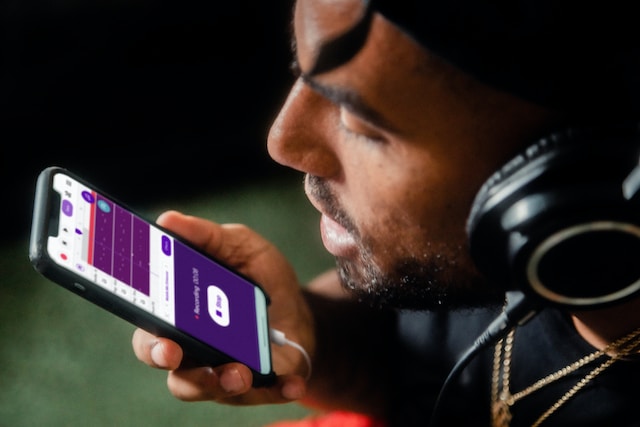




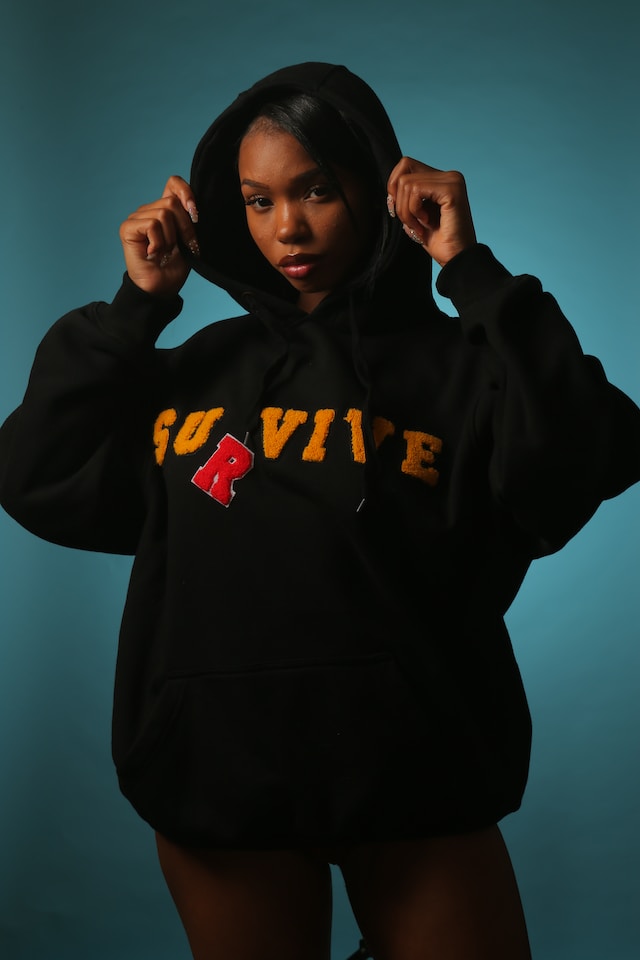





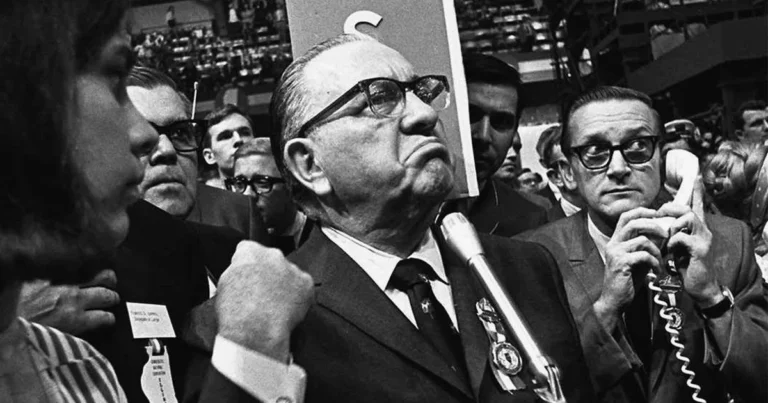
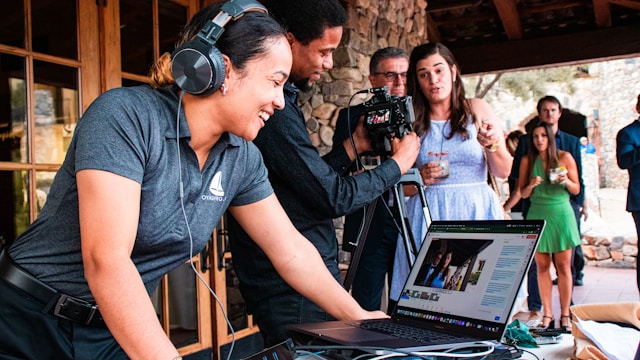

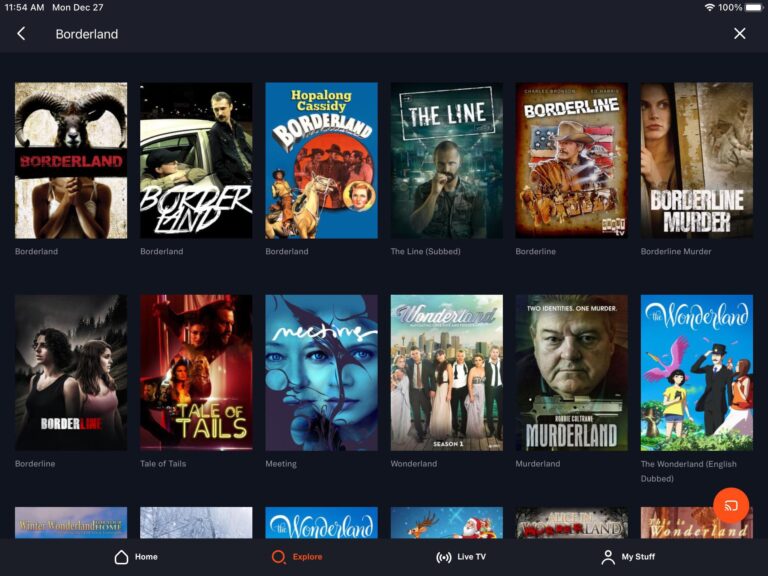

+ There are no comments
Add yours